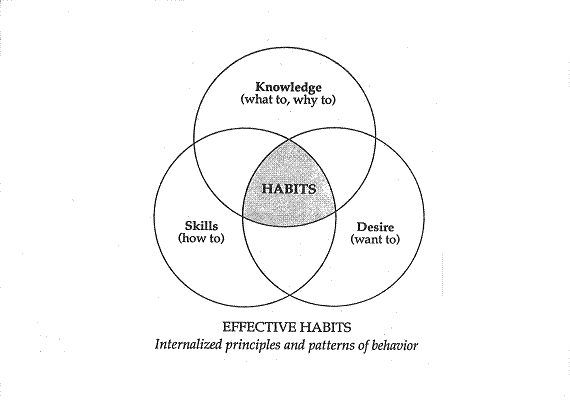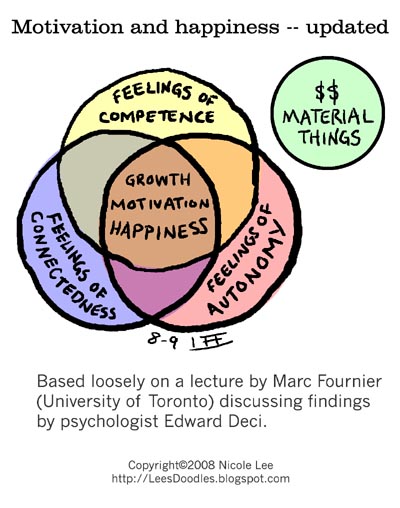While exploring wealth's relation to happiness, it is also important to look down on the other side of the spectrum. What factors tie in to the satisfaction or lack of it for a homeless person? In a 2006 study by Robert Biswas-Diener and Ed Diener, they interviewed 3 varied groups of homeless people (from Calcutta, Fresno, and Dignity Village in Portland) and measured their happiness under 2 domains - material and social. Below is the table that describes the demographic of the people included in the study.
Source: THE SUBJECTIVE WELL-BEING OF THE HOMELESS,
AND LESSONS FOR HAPPINESS
Although their findings did remain constant with the accepted belief that the homeless people are generally unhappy, they also uncovered some new findings on where their happiness did lie... mostly in the social domain. Below are the statistics for this finding.
Source: THE SUBJECTIVE WELL-BEING OF THE HOMELESS,
AND LESSONS FOR HAPPINESS
"For example, all three samples reported surprisingly high satisfaction with domains related to the self, including morality, intelligence, and physical appearance. In fact, scores for all self-related domains were substantially above the neutral point for all three samples," the study states.
Surprisingly, the homeless from Calcutta that earned a measly $24 monthly compared to their American counterparts admitted to above-average levels of happiness when it came to family and social relations. Diener and Diener concluded that while these people were acutely aware of their poor living and health conditions, they maintained good, healthy relations with those around them and lived mostly in family units. In America, most of the homeless reported not being able to trust those around them. Also, since the standard of living for the average person is lower in India, there was less social stigma for a homeless person in India.
In conclusion, this study shows us that poverty may not affect your 'self-related domains', and you will continue to be satisfied with yourself, appearance and intelligence. Yet, your 'material domains' will be greatly affected, and your satisfaction will decrease in these areas. Also, the standard with which you compare yourself clearly has an extremely strong relation with your overall happiness. How can we apply this findings into our own lives to achieve great happiness?
Authority: Both authors are American psychologists from University of Illinois and Portland Sate University whose main area of study lies in the Psychology of Happiness.
Accuracy: They cite several other famous studies in their paper, such as ones by Maslow, Sheldon, and Morgan and have a page of references at the end of their study.
Timeliness: This study was reported in 2006.
Source: https://docs.google.com/viewer?a=v&q=cache:C-bbtfvQF04J:positiveacorn.com/wp-content/uploads/2012/01/BDHomeless.pdf+&hl=en&gl=us&pid=bl&srcid=ADGEESgYtANuS-pxeO5kHDhMs-28gRxRMrO0iCsq0v2uceA_HoSDztq86-nNr2mh_9McEOH3QHFXMxeyK0a0Dg34FWA0ieTXo3nrx16Q2oirJnUlOn8oYnqWg__N0Sdiyb-o10IlvtjZ&sig=AHIEtbS7gdpSRLWRKJkXg3DODoRkpPNdkg






















